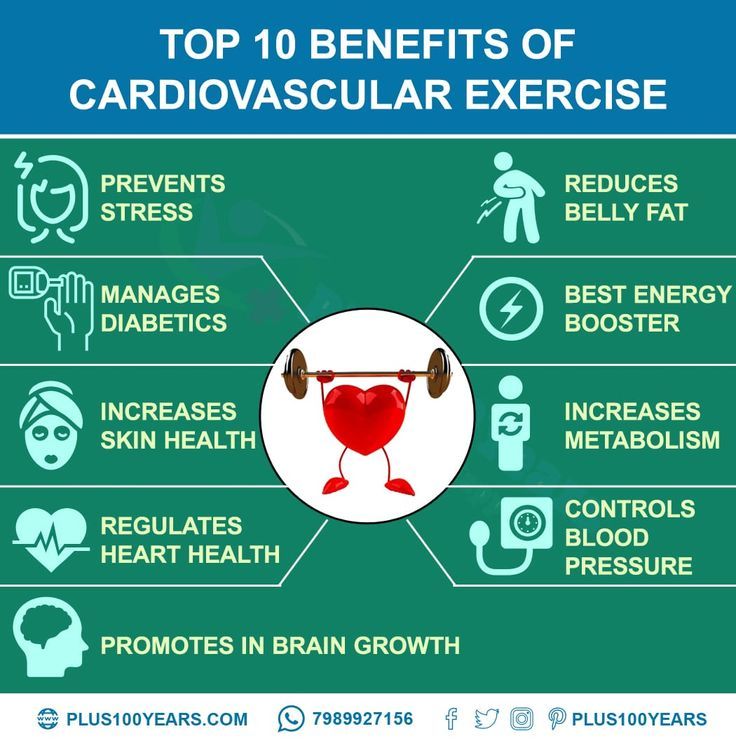Cardiovascular exercise, often simply referred to as cardio, is a key component of any fitness routine and plays a crucial role in maintaining heart health. Whether you’re a seasoned athlete or just starting out on your fitness journey, understanding the science behind cardio and its benefits for heart health is essential.
What is Cardio?
Cardiovascular exercise is any type of physical activity that increases your heart rate and gets your blood pumping. This can include activities such as running, cycling, swimming, or even brisk walking. When you engage in cardio exercise, your heart works harder to deliver oxygen-rich blood to your muscles, helping to improve overall cardiovascular health.
Benefits of Cardio for Heart Health
Regular cardiovascular exercise offers a multitude of benefits for heart health, including:
1. Improved Heart Function
Cardio exercise strengthens the heart muscle, allowing it to pump blood more efficiently throughout the body. This can help reduce the risk of heart disease, heart attacks, and other cardiovascular issues.
2. Lower Blood Pressure
Engaging in cardio exercise on a regular basis can help lower blood pressure, reducing the strain on your heart and improving overall heart health.
3. Increased HDL Cholesterol
Cardio exercise can help increase high-density lipoprotein (HDL) cholesterol levels, often referred to as “good” cholesterol. Higher levels of HDL cholesterol can help protect against heart disease and stroke.
4. Weight Management
Regular cardio exercise can help you maintain a healthy weight or lose excess body fat, which can reduce your risk of heart disease and other health issues.
5. Improved Circulation
Cardio exercise helps improve circulation by increasing blood flow throughout the body. This can help prevent blood clots, reduce inflammation, and improve overall vascular health.
How Much Cardio is Enough?
The American Heart Association recommends at least 150 minutes of moderate-intensity cardio exercise per week for optimal heart health. This can be broken down into 30 minutes a day, five days a week. However, any amount of cardio exercise is beneficial, so start slow and gradually increase your intensity and duration over time.
Types of Cardio Exercises
There are many different types of cardio exercises to choose from, so find activities that you enjoy and can easily incorporate into your routine. Some popular forms of cardio include:
1. Running or Jogging
One of the most accessible forms of cardio, running or jogging can be done almost anywhere, from your local park to the treadmill at the gym.
2. Cycling
Whether you prefer outdoor cycling or spinning classes at the gym, cycling is a great way to get your heart rate up and improve cardiovascular health.
3. Swimming
Swimming is a low-impact cardio exercise that is gentle on the joints while still providing a full-body workout.
4. Jump Rope
A fun and effective cardio workout, jumping rope can be done at home or at the gym with minimal equipment.
Conclusion
Cardiovascular exercise is a vital component of any fitness routine and offers numerous benefits for heart health. By incorporating regular cardio workouts into your schedule, you can improve heart function, lower blood pressure, manage weight, and reduce the risk of heart disease. Remember to start slowly, listen to your body, and gradually increase the intensity and duration of your cardio workouts for optimal results.
Keep your heart healthy and strong by prioritizing cardio exercise in your fitness routine.
